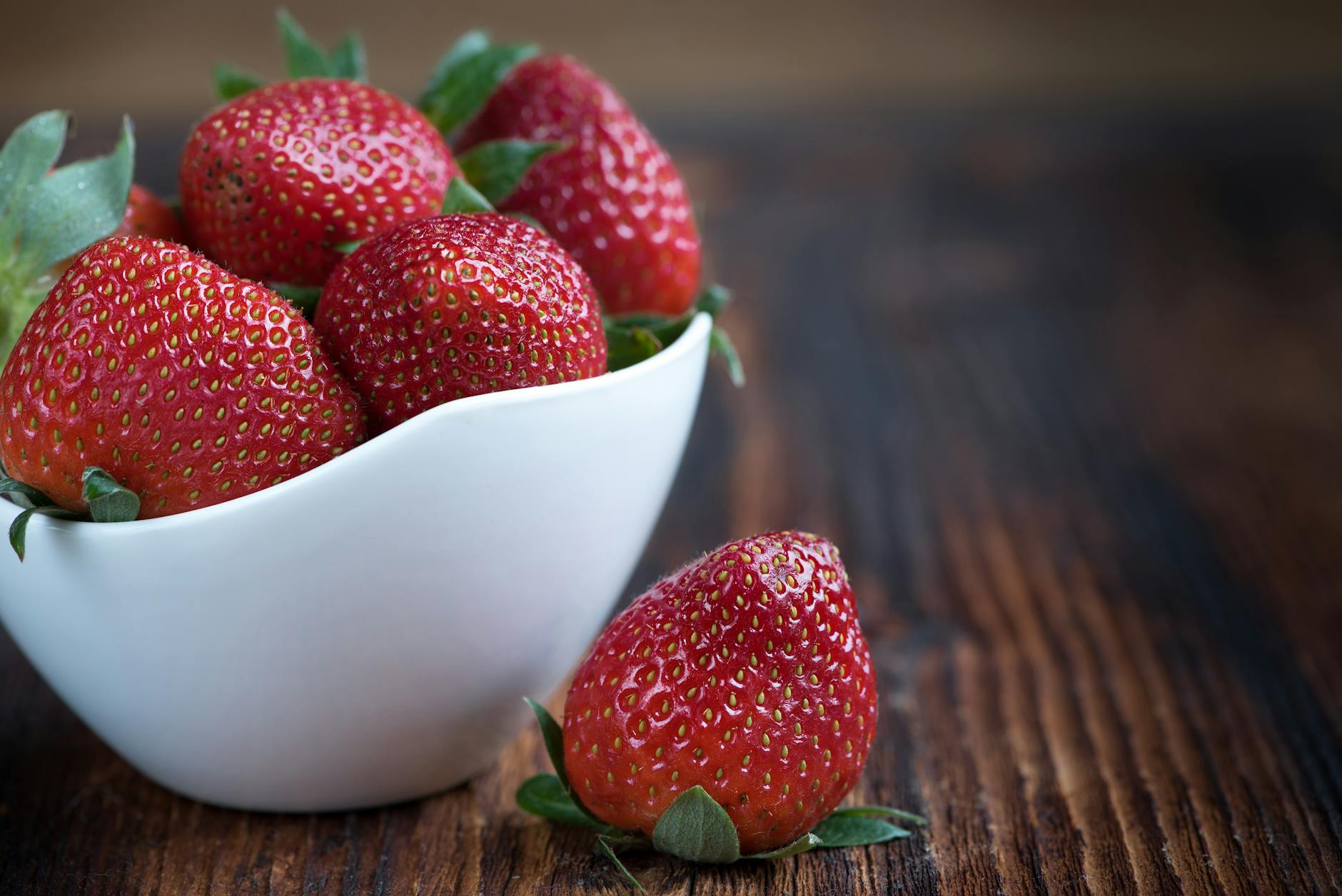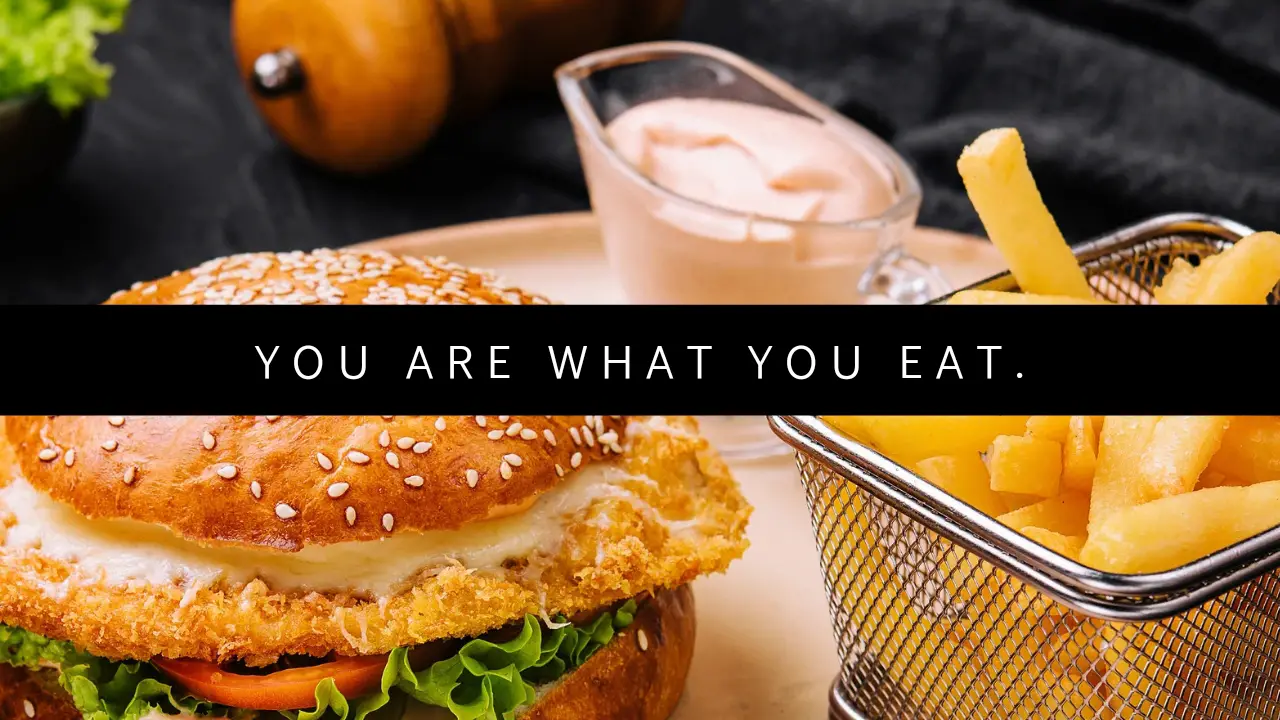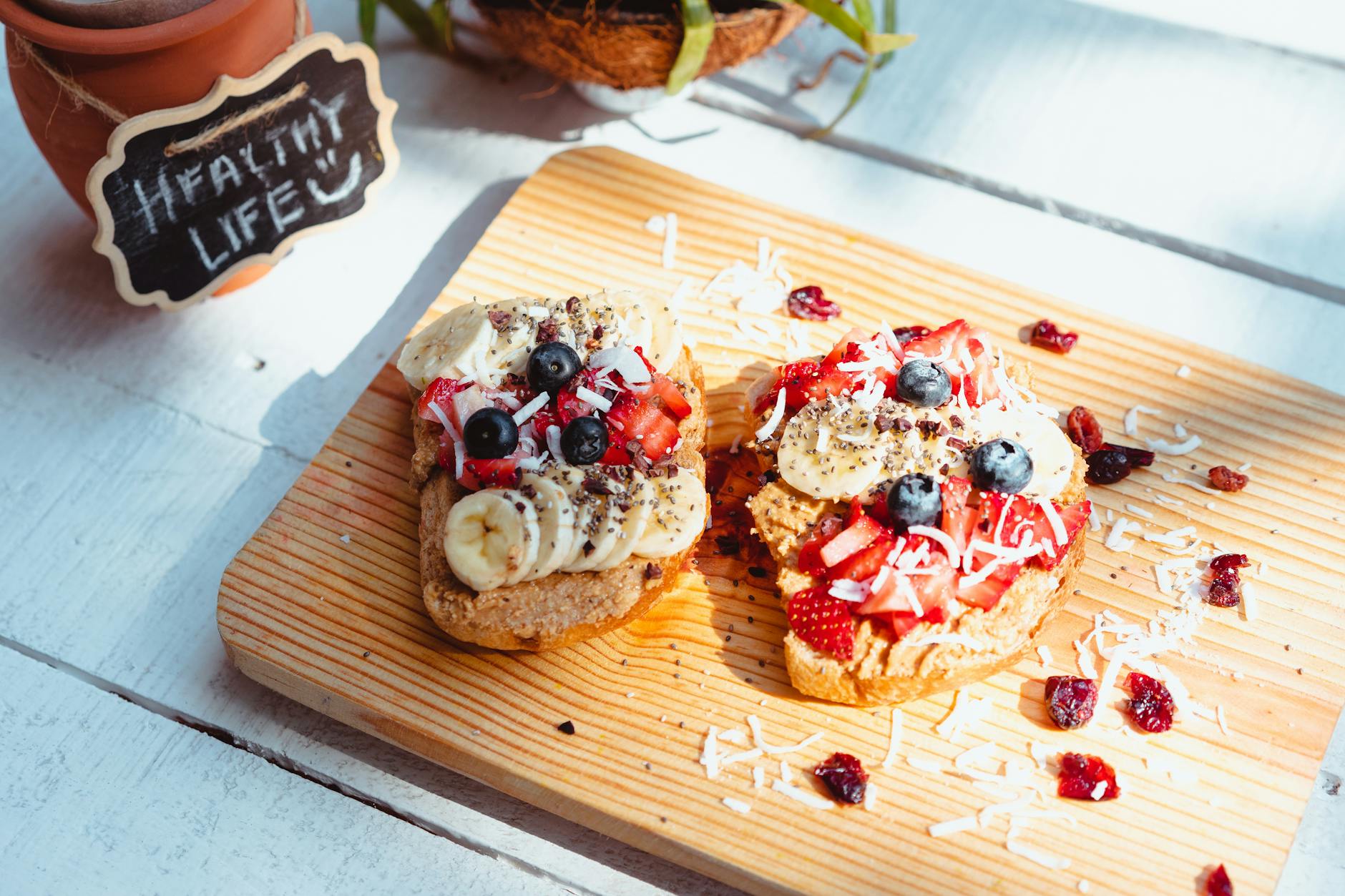Iron deficiency anaemia is a common nutritional disorder characterized by a decrease in the number of red blood cells. Or a reduction in the amount of haemoglobin in the blood, both of which can lead to;
- Fatigue,
- weakness, and
- other health issues.
It is essential to incorporate nutrient-dense foods into your diet that are rich in iron, a mineral for the production of red blood cells.
In this blog, here are five nutrient-dense foods that can help fight iron deficiency anaemia. These foods not only provide a significant amount of iron but also contain other essential nutrients that support its absorption and utilization in the body. By incorporating these items into your regular meals, you can take a proactive approach to improve your iron levels and promote overall well-being. Let’s explore the benefits and nutritional value of these foods to better understand their role in combating iron deficiency anaemia.
What is anaemia?
Anaemia is a very common condition that affects so many people.
It means that your blood has not enough red blood cells which are responsible for carrying oxygen to the body cells and tissues.
There are different types of anaemia but iron deficiency anaemia is one very common, and it has extreme effects, especially on pregnant women and their unborn children.
Iron deficiency anaemia has been shown to cause many developmental effects on the unborn child.
What causes anaemia?
- Heavy blood loss from situations of accidents, surgery, heavy menstruation, or intestinal bleeding from issues like inflammatory bowel disease.
- A very poor diet that lacks iron-rich foods like meat, beans, lentils, etc.
- Impaired absorption of iron, by your body.
- Pregnancy.
- Use of certain medications can also cause anaemia ( if you suspect this, see a doctor as soon as possible).
- Intestinal bowel disease.
- Vitamin B12 deficiency.
The severity of iron deficiency anaemia requires immediate attention lest we risk the occurrence of life-threatening conditions like heart failure, or developmental issues during pregnancy.
What are the signs and symptoms of iron deficiency anaemia?
- Fatigue and reduced energy levels: Since oxygen delivery to tissues is compromised, the body may feel tired and lacking in energy.
- Pale skin: Decreased haemoglobin levels can result in the paleness of the skin, as there’s less red pigment present.
- Headaches: Insufficient oxygen reaching the brain can lead to headaches.
- Difficulty breathing: In severe cases or in individuals with certain types of anaemia, such as those affecting red blood cell production, difficulty breathing can occur due to reduced oxygen levels in the blood.
- Heart palpitations: The heart may beat faster or irregularly as it tries to compensate for the decreased oxygen-carrying capacity of the blood.
- Cold hands and feet: Poor circulation resulting from decreased oxygenation of tissues can lead to feeling cold in the extremities.
Aside from blood transfusions, which have saved many lives, taking iron supplements, especially for our pregnant mothers, diet plays quite an important role in both preventing iron deficiency anaemia and restoring haemoglobin levels.
Here’s a list of 5 foods that are highly rich in iron that can help boost your blood levels back to normal;
Red Meat
Red meat does contain essential nutrients like vitamin B12, iron, zinc, and protein, which are important for various bodily functions including blood formation, immune function, and muscle health. However, it’s also true that excessive consumption of red meat, particularly processed and fatty cuts, has been linked to an increased risk of certain health issues like cardiovascular diseases.
The key is moderation and choosing lean cuts of red meat while balancing it with other sources of protein such as poultry, fish, legumes, and plant-based protein sources. Additionally, incorporating plenty of fruits, vegetables, whole grains, and healthy fats into your diet can further support overall health and reduce the risk of chronic diseases.
Removing visible fat and practicing portion control, as you mentioned, are also important strategies for enjoying red meat as part of a balanced diet without overdoing it on saturated fats and calories. Ultimately, it’s about making informed choices and maintaining a varied and balanced diet to support optimal health.
Soybeans
Soybeans are indeed a fantastic source of protein, making them a valuable component of a balanced diet, particularly for vegetarians and vegans looking to meet their protein needs. Additionally, they contain various essential nutrients, including iron, fibre, vitamins, and minerals.
Soybeans are particularly notable for their high-quality protein content, which provides all the essential amino acids necessary for human health. Protein is indeed important for boosting metabolism and supporting muscle growth and repair.
Moreover, as you mentioned, soybeans are low in saturated fats, making them a heart-healthy option. By replacing foods high in saturated fats with soybeans or other plant-based proteins, individuals can help reduce their risk of cardiovascular diseases such as high blood pressure, stroke, and heart attacks.
Incorporating soybeans and other legumes into the diet can contribute to overall health and help maintain a balanced intake of essential nutrients while reducing the consumption of less healthy food choices.
Spinach
Combining iron-rich foods with sources of vitamin C can indeed enhance the absorption of iron, which is crucial for preventing iron deficiency anemia. Vitamin C helps convert plant-based sources of iron into a form that is more easily absorbed by the body.
Foods rich in vitamin C, such as spinach, citrus fruits like oranges and lemons, guavas, and dark green leafy vegetables like kale, can be paired with iron-rich foods like beans, lentils, fortified cereals, and lean meats to maximize iron absorption.
Spinach, in particular, is a nutritional powerhouse, containing not only iron but also significant amounts of vitamin A, potassium, calcium, and folate. These nutrients play various roles in supporting overall health, including promoting vision, bone health, nerve function, and fetal development during pregnancy.
Incorporating a variety of nutrient-rich foods into the diet, including those high in both iron and vitamin C, can help ensure adequate nutrient intake and reduce the risk of nutritional deficiencies like iron deficiency anaemia.
Beans
Beans are indeed a versatile and nutritious food that offers numerous health benefits:
- Nutrient-rich: Beans come in various colours and sizes, each offering a unique nutrient profile. They are rich in minerals such as iron, magnesium, and potassium, which are essential for overall health and well-being.
- Protein: Beans are an excellent plant-based source of protein, which is crucial for the repair and building of body tissues and organs. Including beans in your diet can help meet your protein needs, especially for vegetarians and vegans.
- Fibre: Beans are high in dietary fibre, which offers various health benefits. Fiber helps slow down the digestion process, promoting satiety and aiding in weight management. It also helps regulate blood sugar levels, making it beneficial for individuals with diabetes.
- Heart health: Beans are low in fat and cholesterol-free, making them a heart-healthy food choice. The combination of fibre, potassium, and other nutrients found in beans can help lower cholesterol levels, reduce the risk of heart disease, and promote overall cardiovascular health.
Lentils
Lentils are indeed a fantastic addition to a balanced diet, offering a wealth of health benefits:
- Fibre: Lentils are rich in dietary fibre, which plays a crucial role in managing conditions like diabetes and constipation. Fibre helps regulate blood sugar levels by slowing down the absorption of glucose, making it beneficial for individuals with diabetes. Additionally, it promotes digestive health by adding bulk to stool and facilitating regular bowel movements.
- Nutrient-rich: Lentils are packed with essential nutrients, including potassium, folate, and iron. Potassium is important for maintaining healthy blood pressure levels and supporting heart health. Folate is essential for cell division and DNA synthesis, making it crucial for overall health and development. Iron is necessary for the production of haemoglobin, which carries oxygen in the blood, and adequate iron intake helps prevent anaemia.
- Heart health: Lentils are low in fat and cholesterol-free, making them a heart-healthy protein source. Their high fibre content can help lower cholesterol levels, reduce the risk of heart disease, and promote overall cardiovascular health.
- Affordability and accessibility: Lentils are widely available, affordable, and accessible, making them a convenient option for individuals looking to incorporate nutritious foods into their diet without breaking the bank.
Incorporating lentils into meals alongside rice and other carbohydrate foods can enhance their nutritional value and contribute to a well-rounded and satisfying diet. Whether as a hearty soup, salad, stew, or side dish, lentils offer versatility and flavour while providing a host of health benefits.
Other foods that are equally rich in iron include;
- Liver: The liver is incredibly nutrient-dense, packed with essential nutrients such as iron, vitamin A, B vitamins (including B12 and folate), and protein. It’s particularly beneficial for individuals looking to boost their iron levels and overall nutritional intake.
- Green peas: Green peas are rich in fibre, vitamins (such as vitamin K, vitamin C, and various B vitamins), minerals (including iron and potassium), and antioxidants. They provide a good source of plant-based protein and can be incorporated into a wide range of dishes.
- Beetroots: Beetroots are a nutritious root vegetable rich in antioxidants, vitamins (such as vitamin C and folate), minerals (including potassium and manganese), and dietary fibre. They can be enjoyed whole, roasted, or grated in salads, and their vibrant colour adds visual appeal to meals.
- Fortified cereals: Fortified cereals are enriched with added vitamins and minerals, making them a convenient and accessible source of essential nutrients such as iron, calcium, vitamin D, and B vitamins. They can be part of a balanced breakfast or snack option, especially for individuals looking to increase their intake of certain vitamins and minerals.
- Dark green leafy vegetables: Dark green leafy vegetables like spinach, kale, and Swiss chard are nutritional powerhouses, packed with vitamins (including vitamin A, vitamin C, and vitamin K), minerals (such as iron, calcium, and magnesium), and antioxidants. They’re low in calories and high in fibre, making them an excellent choice for promoting overall health and well-being.
Discover more from Simple Nutrition
Subscribe to get the latest posts sent to your email.


